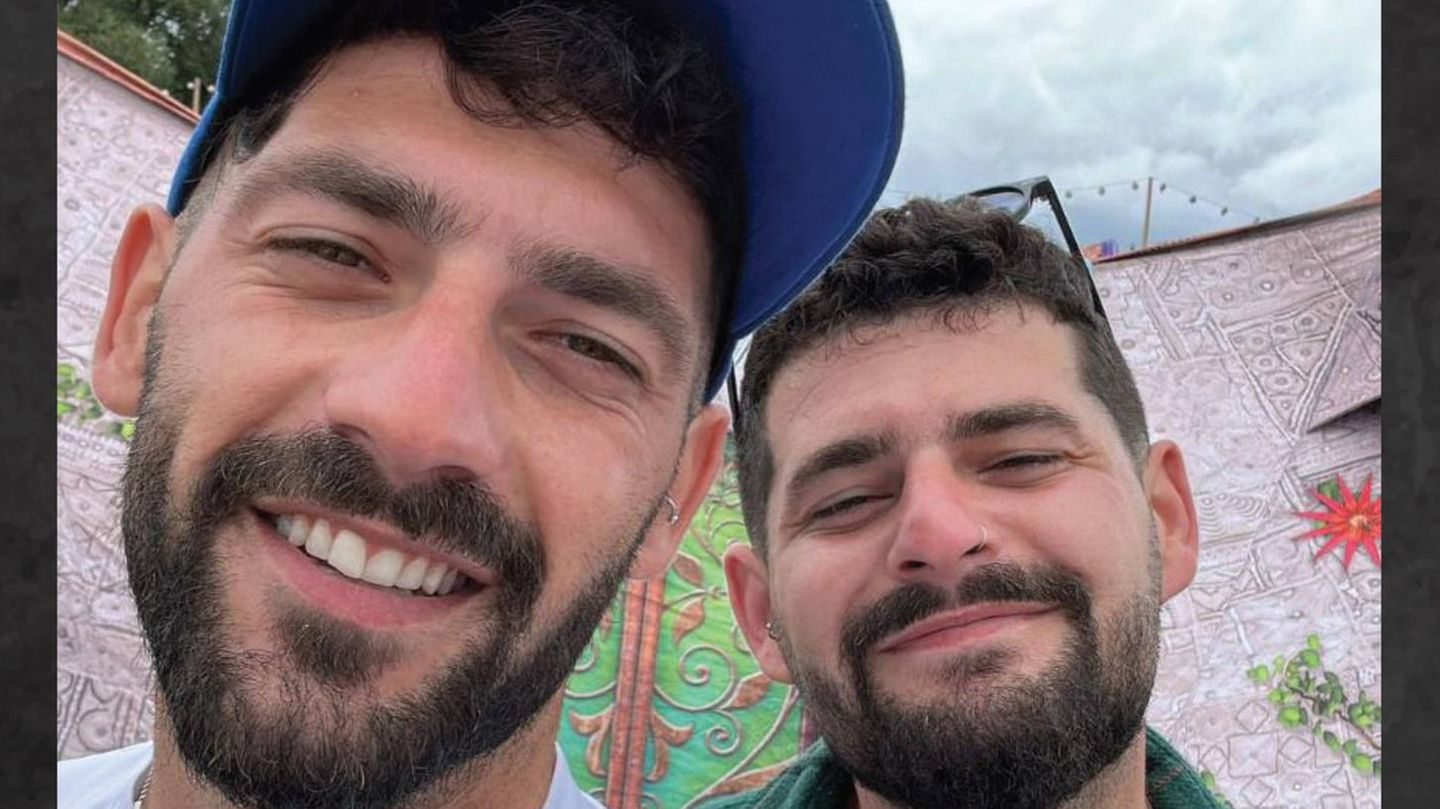Image: colourbox.de
At least their conspecifics obviously understand the special meaning of the combined calls. This has been shown by an international research team in an experiment with wild chimpanzees in Uganda. It concludes that the essential feature of human language – the ability to put words together into sentences – evolved millions of years ago. “Chimpanzees produce ‘hoo’ calls when surprised and ‘waa’ roars when they need assistance in aggression or when hunting,” said lead author Maël Leroux from the University of Zurich. “Our observations suggest that the animals combine multiple calls when they face a threat and want to recruit other group members to defend themselves.”
It was known that chimpanzees and other great apes combine different sounds, the team writes in the journal Nature Communications. So far, however, there has been no systematic study in which the importance of these combinations has been proven.
Chimpanzees understand the meaning of calls
The researchers have now confronted wild chimpanzees in Uganda with a model snake. When the chimpanzee that spotted the snake uttered just one of the calls, its peers responded much less than when it called “Huu” and “Waa” in succession. The researchers conclude that the chimpanzees understood the meaning of the combined call.
“Humans and chimpanzees shared a common ancestor about six million years ago,” explained Leroux. “So our data suggest that the ability to combine meaningful vocalizations together is at least six million years old – if not older.”
Little research has been done on how and when the ability to combine words into sentences developed. Unlike tools, for example, there are no fossils that can provide information about language. Skull fossils also do not allow any conclusions to be drawn about what the brain was capable of doing in earlier times.
Source: Nachrichten




